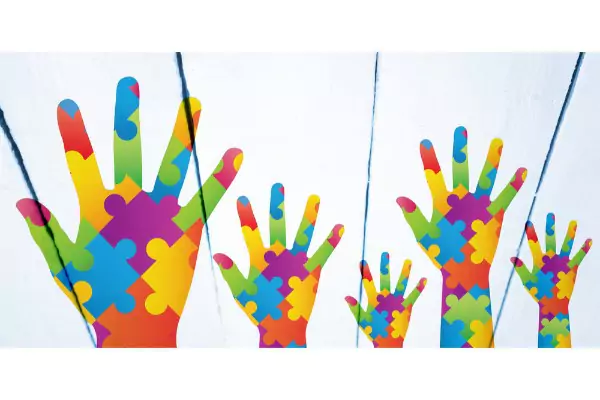Autism ID Card Bill Signed in New York

New York’s former Governor Andrew Cuomo signed into a law a bill that would allow the state’s Office for People with Developmental Disabilities create a standardized identification card for individuals with autism spectrum disorder (ASD) and other developmental disabilities in 2018. The card represents an optional way for individuals with ASD convey information to others, including first responders, about their diagnosis. The information on the card would include information about ASD as well as an emergency contact number and address. The goal is to improve interactions with law enforcement.
New York Assemblyman Angelo Santabarbara, whose son has ASD, introduced the bill and pointed to an incident in Arizonaas highlighting the need for the ID cards. In 2017, Connor Leibel, a 14-year-old with ASD, was assaulted in the park by a police officer who believed that he was demonstrating evidence of drug use. Connor had been engaging in self-stimulating behavior or “stimming” which is a repetitive behavior that can bring a sense of calm to individuals with ASD. In this case, Connor was playing with a piece of string. When confronted by a police officer who had no training in autism, Connor explained what he was doing. The office slammed Connor into a tree and wrestled him to the ground. Connor sustained bruises, scratches, and a swollen ankle which required surgery. If Connor had been armed with an ID card informing the officer of his condition, then perhaps the incident could have been avoided.
Not a Replacement for Training
Autism ID cards are used across the country to help people with ASD in their interactions with law enforcement and other first responders. They’re even sold online, and templates can be found on autism advocacy websites. They are useful tools. However, the onus should not be entirely on the person with ASD to explain their condition. Law enforcement should also receive specialized training on how to handle situations involving individuals with ASD and other developmental disabilities. They should be informed of the behaviors typically displayed by those with ASD and learn how to respond accordingly. Learning techniques such as de-escalation can help reduce violent conflicts and keep everyone safe.
If you or a loved one with a mental disability has been arrested or convicted of a crime, you need an experienced criminal defense attorney on your side. Elizabeth Kelley specializes in representing individuals with mental illnesses and intellectual and developmental disabilities. To schedule a consultation call (509) 991-7058.


